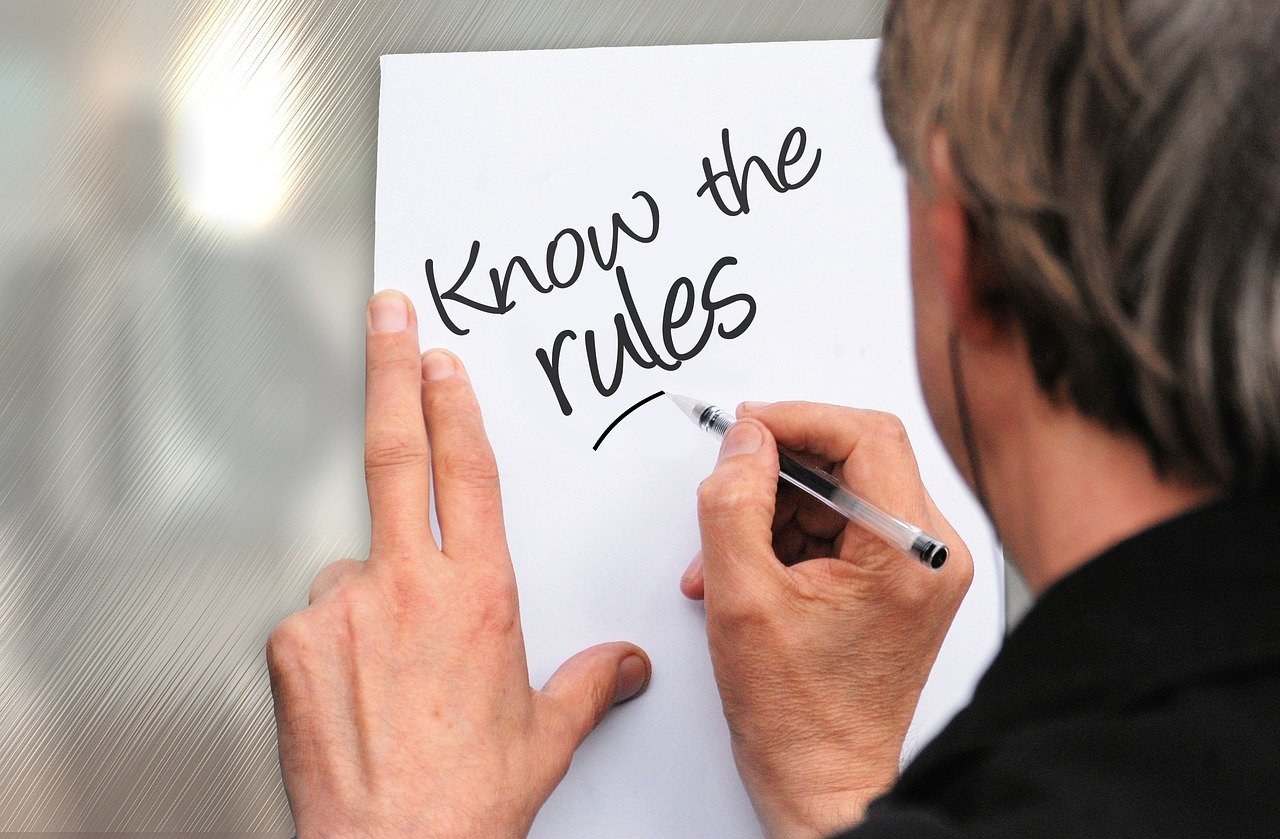There’s a quiet current that shapes how many men show up in love – a motivation to protect, contribute, and feel unmistakably valued. This current is often called the hero instinct, and understanding it can change how you relate, how you communicate, and how you both feel day to day. You don’t need capes or high drama to work with the hero instinct; you need empathy, clarity, and a willingness to notice the small moments that tell your partner, “You matter here.” What follows reframes familiar ideas with fresh language and explores practical ways to engage the hero instinct without sacrificing independence or authenticity.
What People Mean When They Talk About the Hero Instinct
The hero instinct is a simple idea with deep roots – many men want to feel that their presence counts and that their efforts land. This isn’t about acting larger than life. It’s about meaning. In everyday life, the hero instinct is activated by signals of appreciation, trust, and shared purpose. When those signals are present, a man often feels driven to invest more, listen better, and take responsibility in ways that strengthen the bond.
Think less of grand rescues and more of ordinary reliability. Opening a jammed window, planning a stress-free route for a busy day, or offering grounded advice can all nudge the hero instinct. The point is not the task – it’s the message beneath it: “What you do has real impact on me.”

The hero instinct sits comfortably alongside modern equality. You can be capable, self-sufficient, and assertive – and still allow room for your partner to contribute. Healthy interdependence is the balance: both partners strong, both partners needed.
Why This Drive Persists
Across time, roles have shifted, yet the desire to be significant hasn’t disappeared. The hero instinct speaks to that desire. Even in a world of shared bills, dual careers, and flexible roles, many men still feel a pull toward being dependable. The hero instinct, in this sense, is less about muscle and more about meaning – a felt sense of purpose within the relationship.
It also overlaps with self-respect. When someone experiences the hero instinct in a relationship, they often feel clearer about who they are to you. That clarity – “I am useful here; I help things go better” – becomes fuel. It encourages consistency, patience, and a willingness to keep showing up, even during tough weeks.

Principles That Bring the Instinct to Life
The following principles translate the concept into daily practice. Each one relies on honest communication and mutual respect – because the hero instinct withers under manipulation and thrives under sincerity.
Start With Genuine Appreciation
Gratitude is not a performance; it is recognition. When you highlight what your partner does that genuinely helps – whether that’s fixing a glitchy app or remembering an important detail – the hero instinct receives a clear signal. Over time, these acknowledgments create a pattern: effort is seen, impact is real, the bond matters.
Invite Trust in Measured Ways
Trust is permission to step forward. You don’t need to manufacture crises to awaken the hero instinct – simply identify appropriate places to rely on him. That might be managing a plan, tackling a task he enjoys, or being your sounding board when you’re weighing options. Each time you hand him real responsibility, you create space for the hero instinct to work.

Ask for Perspective Before You Ask a Device
Digital assistants answer questions; your partner offers judgment shaped by shared context. Turning to him first – “What do you think about this?” – builds a habit of collaboration. The hero instinct often responds to this invitation, because it affirms that his viewpoint influences your world.
Leave Room for Protective Energy Without Diminishing Yourself
Being protective isn’t patronizing when it’s welcomed and appropriate. You might say, “I feel safer when you walk me to the car at night,” or “It helps me when you follow up after that tough meeting.” You’re not shrinking – you’re allowing a form of care that supports you both. In this space, the hero instinct translates into attentiveness rather than control.
Cheer For Ambitions – Large and Small
Enthusiasm for your partner’s aims communicates belief. Whether he’s working toward a certification, trying a new hobby, or building stamina for a 10K, your interest matters. When he senses that you’re invested in his growth, the hero instinct receives fresh momentum – success becomes something you share.
Face Challenges as a Team
Joint projects – painting the living room, assembling a bike, meal-prepping for a busy week – are underrated. They turn “you vs. me” into “us vs. the task.” In that cooperative frame, the hero instinct shifts from solo savior to reliable teammate, which is a far healthier mode for long-term love.
Include His Perspective in Decisions
Autonomy and collaboration can coexist. You can make your own choices and still ask, “What would you do in my place?” When his input genuinely shapes outcomes, he feels relevant. That relevance is the natural habitat of the hero instinct.
Let Leadership Rotate
Sometimes you steer, sometimes he does – and you agree on which roles fit which moments. Offering him the lead on a weekend plan or a household system is not about hierarchy; it’s about contribution. Leadership in this sense is service, and the hero instinct responds to the invitation to serve well.
Use Words That Land
Verbal appreciation acts like a spotlight – brief but bright. “You handled that beautifully,” “I love how you thought ahead,” “You made this easier for me” – these phrases direct attention to the behavior you want more of. When such words reflect reality, the hero instinct strengthens without you needing to manufacture drama.
What Changes When the Instinct Is Engaged
When the hero instinct is consistently met with authenticity, day-to-day experience often improves for both of you. The atmosphere softens, tension drops, and generosity rises. The reasons are straightforward: people try harder where they feel effective, and they stay longer where they feel appreciated.
Emotional Connection Deepens
Feeling needed is not the same as being needed – the distinction matters. You may not need help to function, yet it still feels good to be a meaningful part of each other’s lives. When a partner senses that his efforts make a difference, the hero instinct feeds a richer emotional bond marked by respect and warmth.
Commitment Feels Natural
Purpose anchors people. If he experiences the relationship as a place where he contributes and grows, the hero instinct makes commitment feel less like a rule and more like a privilege. That shift often shows up as steadier follow-through and more proactive care.
Playfulness Returns
Ruts form when interactions are purely transactional. Injecting appreciation and shared challenge wakes things up – and the hero instinct loves a challenge framed as fun. New recipes, small adventures, or friendly competitions can revive spark without forcing spectacle.
Attentiveness Rises
When he feels his attention matters, he tends to give more of it. The hero instinct rewards environments where effort is noticed, so you may see an uptick in thoughtful gestures – not because you demanded them, but because he’s inspired to keep contributing.
Mutual Appreciation Loops
Gratitude begets generosity. When he feels valued, he’s more likely to notice your contributions, too. Over time, appreciation becomes ambient – it’s in the air you both breathe. In that climate, the hero instinct doesn’t have to shout; it can simply operate in the background, guiding everyday kindness.
Using the Instinct Wisely: What Helps and What Hurts
Powerful dynamics require careful handling. The hero instinct is no exception. Approach it with integrity, and it enriches your connection. Treat it as a lever, and it can corrode trust.
Keep It Real
Authenticity is the non-negotiable. Praise that isn’t earned, exaggerated drama, or scripted moments will ring hollow – and the hero instinct is sensitive to that hollowness. Ground your appreciation in specifics: what he did, why it helped, how it felt.
Skip the Stage Play
Life doesn’t need to become a theater for constant heroic acts. If every errand turns into a spectacle, you both get fatigued. The hero instinct thrives in ordinary life – the steady, unflashy forms of care that actually reduce stress and build trust.
Balance With Your Autonomy
Your voice matters. Keep your preferences clear, your standards steady, and your goals active. The hero instinct meshes best with a partner who knows herself – not because he needs to dominate, but because partnership works when two whole people meet in the middle.
Watch the Line Between Support and Dependence
Support is healthy; dependence that erodes self-trust is not. If you find yourself outsourcing every decision, pause. The hero instinct should not replace your competence – it should complement it. Likewise, if he begins to equate worth with fixing everything, talk openly about sustainable roles.
Connect, Don’t Manipulate
Hints and games complicate what could be simple. Clear requests and honest appreciation invite the hero instinct without strings. If you find yourself trying to engineer outcomes through flattery or withholding, course-correct. The long-term cost of tactics is intimacy.
See the Whole Relationship
Romance contains many layers: communication, affection, boundaries, humor, shared values, time together and apart. The hero instinct is one useful thread – not the entire fabric. Keep nurturing the other layers so the tapestry stays strong.
Tailor Your Approach
No two people are identical. For some men, the hero instinct is front and center; for others, it’s quieter. Pay attention to what specifically lights him up – solving practical problems, offering emotional steadiness, or taking initiative in logistics. Respond to the person in front of you, not a stereotype.
Practical Ways to Invite Contribution
Here are grounded, concrete actions you can fold into everyday life. They aren’t tricks; they’re invitations. Use them as they fit your dynamic, and adjust as you learn what resonates most.
- Notice and name useful actions shortly after they happen – quick, sincere acknowledgment keeps the hero instinct engaged.
- Ask for help where you truly welcome it, not where it would frustrate you. Honest openings create real wins for both of you.
- Share context before you share tasks. Understanding the “why” lets him aim his effort well.
- Invite him to weigh options when you’re undecided – then reflect back how his input shaped your choice.
- Design small missions together – planning a cozy night in, organizing a drawer, prepping for a busy week – and make the outcome visible.
- Highlight strengths. If he’s great with tech, let him own that lane; if he’s calm under pressure, lean on that during hectic moments.
- Celebrate progress, not only results. The hero instinct responds to momentum as much as milestones.
- Rotate leadership. Agree on areas each of you leads, then review occasionally so roles stay fresh and fair.
- Use clear, direct language – fewer hints, more requests. Clarity reduces friction and invites decisive help.
- Match appreciation to effort. Lavish thanks for meaningful contributions; warm nods for minor favors – all honest, all earned.
Extending the List With Situational Examples
Context makes principles easier to apply. Below are examples of how the hero instinct can show up in different moments without theatrics and without giving up your independence.
Busy week planning: You say, “Here’s my schedule – I’m overloaded Wednesday. Could you handle dinner that night and check the car’s fuel?” The request is specific, impact is clear, and appreciation follows. The hero instinct turns logistics into care.
Social setting support: Before a gathering, you agree on a hand signal if you need a quick exit from a draining conversation. He watches for it, steps in smoothly, and you thank him afterward. The hero instinct operates quietly yet meaningfully.
Personal goal cheerleading: You’re building a new habit – say, morning stretches. He sets a gentle alarm and joins you. You recognize his effort, and the hero instinct translates into shared consistency.
Emotional check-ins: After a hard day, he asks, “Do you want solutions or support?” You answer honestly. When his response matches your need, you name it – and the hero instinct associates attentiveness with success.
Skill sharing: He’s handy with tools; you’re sharp with finance. You trade mini lessons on a Saturday. Both of you contribute, both of you learn – the hero instinct thrives in this reciprocity.
Protective moments: Late at night, he offers to meet you at the station. You’re perfectly capable, yet you welcome the company. The hero instinct becomes presence – not paternalism.
Calm under stress: When plans go sideways, he keeps a cool head. You make a point to say, “Your calm changed the tone of tonight.” The hero instinct internalizes the value of composure.
Everyday foresight: He stocks your favorite tea because he noticed you reach for it after long calls. You call it out with a smile. The hero instinct learns that attentiveness equals impact.
Shared wins ritual: At week’s end, you trade “three things you did that helped me.” The practice is light, specific, and real. The hero instinct stays nourished by consistent recognition.
Repair after conflict: You both circle back after cooling off. He says, “I wish I’d listened longer,” and follows through next time. You acknowledge the shift – the hero instinct connects growth with respect.
Guardrails That Keep the Dynamic Healthy
Even helpful instincts can drift if left unchecked. These guardrails maintain balance so the hero instinct remains a source of closeness rather than friction.
Consent and Comfort First
Being protective should never override your boundaries. If a gesture feels intrusive, say so plainly. The hero instinct works best when it aligns with your consent – not against it.
Trade Roles Without Scorekeeping
Contributions won’t always be equal in amount – aim for balance over time. If either of you starts tallying deeds, pause and reset. The hero instinct loses power when generosity is replaced by bookkeeping.
Let Humor Lighten the Load
A shared grin can reset a tense moment. Lightness doesn’t trivialize effort; it adds buoyancy. The hero instinct often responds well to warmth – appreciation delivered with a wink can be as nourishing as a serious speech.
Name Needs Before Resentment Builds
Unspoken expectations quietly erode goodwill. If you want something different – more initiative here, less overstepping there – say it early. The hero instinct is responsive, but it isn’t telepathic.
Returning to the Heart of the Matter
In a world without capes, everyday partnership still makes room for courage – the courage to show up, to be consistent, to learn each other’s language. That’s the essence of the hero instinct: not drama, but devotion; not dominance, but dependable care. It is the warm feeling of being effective for the person you love, and the equally warm feeling of letting them be effective for you.
When you treat the hero instinct as a pathway to connection – rather than a lever to pull – you create a relationship where both people feel seen. Appreciation becomes natural, help becomes welcome, and independence remains intact. The result is not a fairy tale – it’s a steadier, kinder daily life that you build side by side.